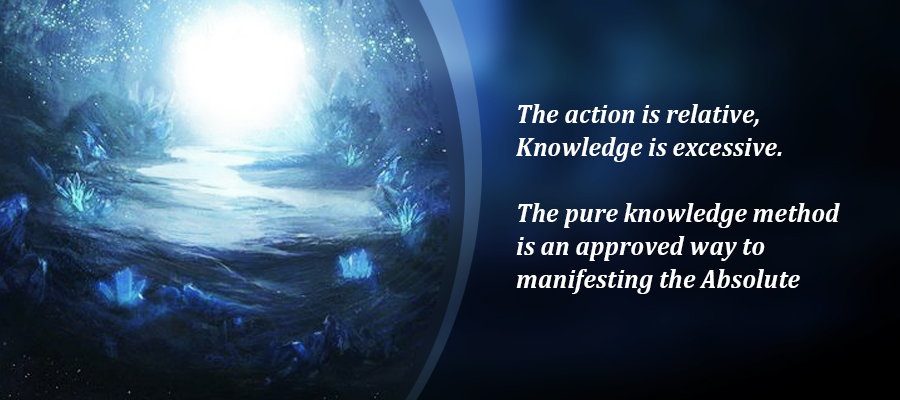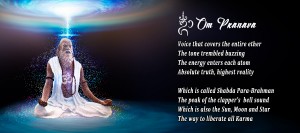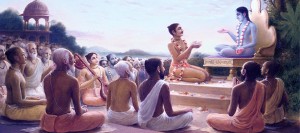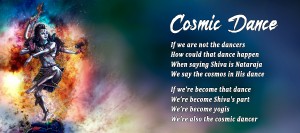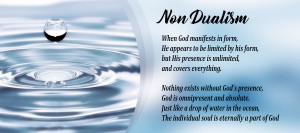SYNTHESIS
The methods of Absolute Affirmation and meditation on the Universal are actually not much different in their essence. The extreme thing of rational thought is that because change and duality are not real, the factors of objective meditation and divine grace lose their validity. It is said that the affirmation of being aware of Pure Knowledge is not like meditation on external God, because the former is no different from the object of knowledge, while the second does not depend on the object of meditation.
In the first case Knowledge depends on the essential nature of the object (Vastu-Tantra), and therefore alone and eternal, whereas, in the second case, meditation depends on the subject’s ideas (Purusha-Tantra), and hence is changeable and phenomenal.
The object of pure knowledge has its nature which is connected with it in a simultaneous identity relationship, while the nature of the object of meditation is related to the meditator’s thought in the subject of relations and changes as the meditator wishes. Therefore, meditation only becomes as a request to fulfill the desire for Pure Knowledge.
The seeker of Truth through the method of Pure Knowledge is unlikely to be much on earth because such certainty and strict affirmation require the smartest intelligence and the purest heart, free from the desire to deal with anything outside of the Self.
The majority of seekers only fit into the pious method of meditation about God as understood by them. In addition, God’s grace is a fact of divine revelation because of the power of Consciousness that is experienced through the surrender of total personal will.
SELF-PURIFICATION AND DISCIPLINE
Knowledge and meditation, however, are impossible for people who are worldly, sensual, arrogant and selfish. A clean mirror that reflects sunlight and not walls made of mud and stone.
Love for the Infinite means to be detached from all things and the rejection of objective pleasure. World renunciation is a rejection of plural validity and a double awareness in the truth that “Existence is One”.
A discriminatory understanding of the nature of existence essentially implies the denial of the state of appearance that is contrary to the nature of Reality. An aspiration for a higher purpose in life requires transformation and transcendence from lower limited living conditions. The mortal and the eternal are set against each other.
The instinctive affirmation of an individual ego can never be consistent with Absolute nature. As long as there is confidence in the objective nature of the world, there is a loss of the highest purpose in life. There can be no perfect satisfaction and Divine Life except in the realization of the Transcendent Presence. It requires rejection of the shape of the world and its contents.
Like and dislike, attraction and repulsion, are disturbances that hinder the progress of the soul towards Eternity. The knots that bind individuals to the earth must be broken before the central court of Reality is bypassed. Selfish surrender to the cause of Spiritual Perfection is a condition demanded by the truth-realization process. Truth does not pay attention to the reasons for distorting ultimate facts for one’s material good. The refusal to feed selfish individuality and the expansion of consciousness with absolute goals is what opens the way to one’s Final Liberation.
In the Upanishads, we find the scientific and psychological presentation of what is the biggest obstacle to Self Realization. They classify these under three different:
“Desire for offspring; Desire for wealth; Desire for the world. “—Brih. Up., III. 5
The first is one of life’s two important impulses, the other is self-defense instinct. This is an expression of the creative impulse that is said to have been established at work since the original creative will of Universal Existence was released. Variation is the meaning of manifestation. Each individual power is a copy of the cosmic creative power in a state of degeneration and uncontrolled activity.

